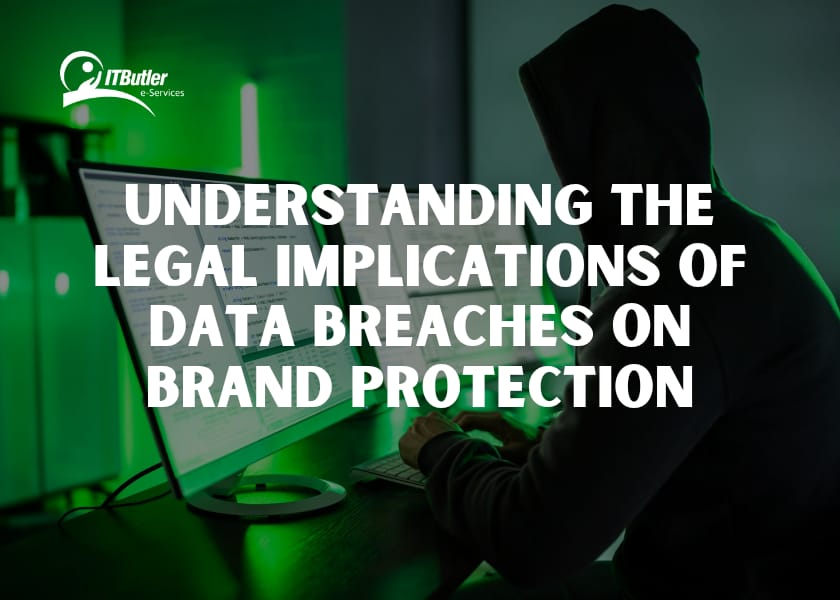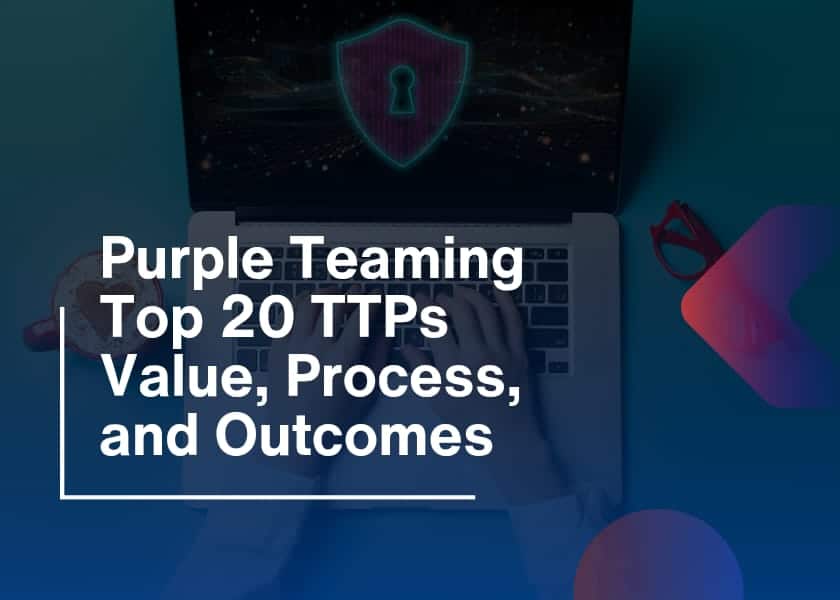Imagine your company just experienced a data breach. Your customers’ personal information is out in the wild, and the media is already running wild with the story. Suddenly, the phone rings, your inbox is flooded, and the pressure is on. A breach is like an uninvited guest at a party messy, disruptive, and completely unwelcome. While party crashers are unpleasant, the aftermath of a breach is not fun, especially beyond the panic and chaos. A breach may raise serious legal consequences that may challenge your brand’s reputation, financial health, and future. So what kind of data breach legal implications can occur?
In this blog, we break down the legal implications of a data breach and how it will impact brand protection, compliance, and liability. From costly fines to long-term reputational damage, we’ll discuss why playing catch-up in cybersecurity has stopped being a choice. Hence, it’s an obligation and necessity in legal and business terms.
Data Breach Legal Implications
Whenever a data breach occurs, the legal consequences have the effect. However, one issue creates another. So let’s take apart some of the most massive consequences.
1. Penalties for Data Breach
Regulatory bodies worldwide have strict rules about how businesses should handle customer data. Failure to protect it can result in fines.
Case Study of Data Breach Legal Implications
British Airways was involved in a data breach case that revealed information from more than 400,000 customers in 2018. The outcome? They faced a $26 million fine under the GDPR. Thus, investing in cybersecurity is cheaper than a future fine.
2. Brand Liability for Data Breaches
If your brand suffers data losses, it is a fault even though the breach was through a third party. As brand liability is termed as this.
Example:
Target suffered a major data breach in 2013 due to vulnerabilities in a vendor’s system. However, this cost them $18.5 million in settlements and untold damage to their reputation. Thus, your security is only as strong as your weakest partner.
3. Breach Notification Laws
Data protection laws require businesses to notify affected customers and authorities within a specified time frame after discovering a breach.
- You have 72 hours to report a breach under the GDPR.
- In the U.S., the states have different notification timelines, but there is an additional fine for delays.
Thus, nonsupport of these laws is like ignoring a fire alarm, it only makes things worse.
How Data Breaches Affect Brand Protection
Data breaches don’t just hit your wallet—they hit your reputation. So let’s explore how they can erode trust, damage your brand image, and impact your bottom line.
1. Loss of Customer Trust
Trust is therefore a fragile thing. A single breach can make customers question whether they should continue doing business with you.
Example:
Equifax, a credit reporting agency, had 147 million people’s data stolen in 2017. So the customers were furious and said they would never use the service again.
What Can You Do?
Transparency is your best friend after a breach. So admit the mistake, explain how you are fixing it, and reassure customers it will not happen again.
2. Reputational Damage
Once the breach news leaks out, you can not control it. As social media, news organizations, or competitors will always remind it.
Pro Tip:
Hire a PR team to manage the fallout. So their job is to make sure your brand’s story doesn’t become a punchline.
3. Financial Fallout
The costs of a data breach go beyond fines. As you’ll need to:
- Hire cybersecurity experts
- Upgrade your systems
- Handle lawsuits
- Invest in damage control

Law Infrastructure of Data Protection
So the government has made policies to protect the customer while holding the business responsible too. So let’s discuss some popular ones.
1. GDPR
GDPR is essentially the gold standard of Data protection. As it is related to all businesses dealing with European Union citizens’ data anywhere in the world.
Primary Features:
- Fines up to €20 million or 4% of global turnover, whichever is higher.
- Requires businesses to obtain explicit consent before collecting data.
2. California Consumer Privacy Act (CCPA)
The CCPA is California’s version of GDPR. It gives control to its residents over their data.
Key Features
- Businesses must disclose what data they collect and why.
- Customers can opt out of having their data sold.
3. Health Insurance Portability and Accountability Act (HIPAA)
HIPAA deals with the protection of sensitive health information in the United States.
Key Features
- Applicable to healthcare providers, insurers, and their partners.
- Non-compliance leads to fines of up to $1.5 million a year.
Cybersecurity Legal Issues and Emerging Trends
With advances in technology, so have cyber threats. However, so far, the law cannot catch up. Here are a few emerging issues.
1. Cross-Border Data Transfers
Global businesses often transfer data between countries, but this comes with legal challenges. For example, GDPR has strict rules about transferring EU data to non-compliant countries.
2. AI and Data Breaches
Artificial Intelligence (AI) is a double-edged sword. On the one hand, it improves cybersecurity, but it also provides hackers with the opportunity to find vulnerabilities.
3. Third-Party Risks
However, make sure all of your vendors meet your minimum security standards.
How to Protect Your Brand and Stay Compliant
However, it’s not just about having some fancy software installed. Instead, it’s about creating a culture of security.
1. Invest in Cybersecurity Tools
There is always a tool for every need. However, be it firewalls, encryption, or others.
Example: Multi-factor authentication (MFA) ensures that even if someone steals your password, they can’t access your data.
2. Employee Training
Teach your employees to recognize phishing scams, use strong passwords, and avoid risky behavior.
Pro Tip:
Cybersecurity training can be fun with quizzes and rewards. So it’s like a game where the prize is not getting hacked!
3. Regular Audits and Assessments
Regularly conduct security audits to spot vulnerabilities. It’s like giving your business a check-up to catch problems early.
4. Cyber Insurance
Although it won’t prevent a breach, cyber insurance can help mitigate financial losses and legal fees.
Conclusion
Data breaches are not IT issues, but they are business issues. As they impact the imagery of your brand, the economic viability of your firm, and the legal compliance of your firm. So these measures as as investing in cybersecurity and being compliant with data protection laws. Moreover, ensuring that your team is educated about cyber threats means that you would have reduced your risk substantially.
Well-known truth, prevention is always preferred and cost-effective rather than treatment. So If you are caught up in a data breach, respond fast, and be sure to admit your mistakes.
Because at the end of the day saving your brand is saving your customers and that is what the fight is all about.





